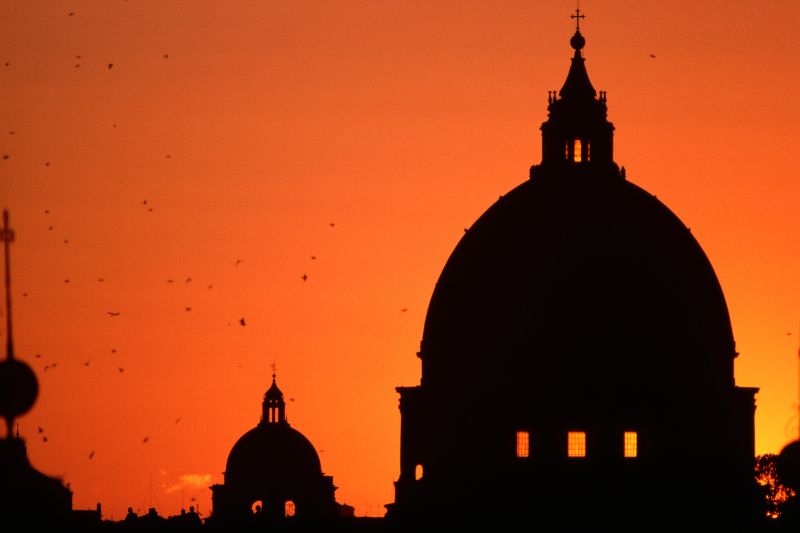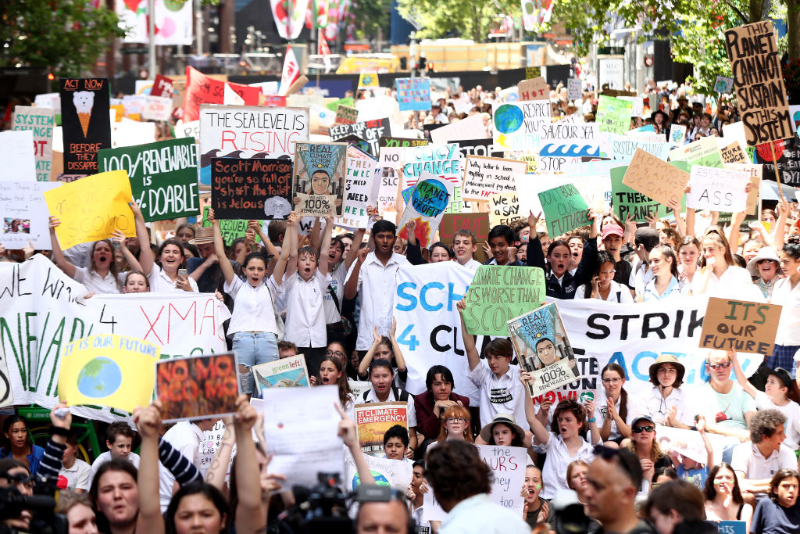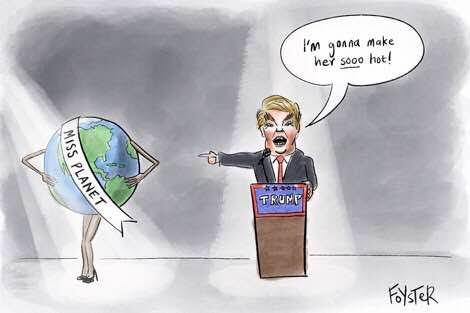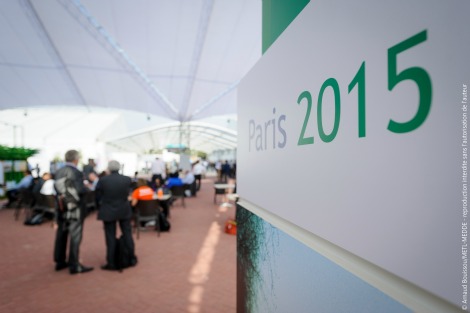Keywords: Un Framework Convention On Climate Change
-

ENVIRONMENT
- Stephen Minas
- 14 July 2022
3 Comments
Indicating the Vatican will be stepping up its climate diplomacy, the Holy See is now a formal party to the UN Framework Convention on Climate Change and has declared it intends also to formally join the 2015 Paris Agreement. The Holy See announced that it would be acceding to the Paris Agreement as soon as that treaty’s ‘legal requirements’ allow.
READ MORE 
-

AUSTRALIA
- Binoy Kampmark
- 07 April 2022
10 Comments
The children have been busy. On matters of environmental justice, Australia has witnessed much legal activity from youthful citizens who, despite in some cases not being old enough to vote, have stirred politics. In 2021, five lodged complaints with the United Nations over the failure of the Australian government to cut, in a meaningful way, greenhouse gas emissions by 2030.
READ MORE 
-

ENVIRONMENT
- Frank Brennan
- 28 November 2016
'No matter what the economic, political and legal problems confronted by modern day India, our response can be improved by an application of the key principles and norms developed in the international law of trade and human rights, helping to enunciate the realm of law, regulation and political accountability, enhancing public scrutiny providing the right environment for doing business.' Frank Brennan presents the 25th JRD Tata Oration, Xavier School of Management, Jamshedpur, India, 26 November 2016.
READ MORE
-

ENVIRONMENT
- Greg Foyster
- 17 November 2016
5 Comments
Here we go again. Just a few days after the historic Paris Agreement on climate change entered force, another Republican climate denier has snatched the White House. Donald Trump isn't just a closet sceptic, paying lip-service to climate change while doing nothing about it. He's an out-and-proud conspiracy theorist. All signs point to the US returning to its role as international climate saboteur, and for much the same reasons: Republican paranoia over the economic rise of China.
READ MORE 
-

INTERNATIONAL
- Bronwyn Lay
- 10 December 2015
3 Comments
Located in Paris in the aftermath of the attacks, COP21 spookily mirrors how climate change politics occurs within complex and pre-existing power structures that determine its effectiveness. Social and environmental wars merge with increasing intensity: from Syria to the Arctic, from Indonesia to Paris. Climate change complexity matches the complexity of terrorism. Causal chains of social conflict are as complicated as carbon movements that result in environmental distress.
READ MORE 
-

- Frank Brennan
- 18 September 2015
Pope Francis's concerns are not narrowly dogmatic or pedagogical but universally pastoral. He knows that millions of people, including erstwhile Catholics, are now suspicious of or not helped by notions of tradition, authority, ritual and community when it comes to their own spiritual growth which is now more individual and eclectic. He wants to step beyond the Church's perceived lack of authenticity and its moral focus on individual matters, more often than not, sexual. He thinks the world is in a mess particularly with the state of the planet — climate change, loss of biodiversity and water shortages, but also with the oppression of the poor whose life basics are not assured by the operation of the free market, and with the clutter and violence of lives which are cheated the opportunity for interior peace. He is going to great pains to demystify his office. He wants all people of good will to emulate him and to be both joyful and troubled as they wrestle with the probl
READ MORE